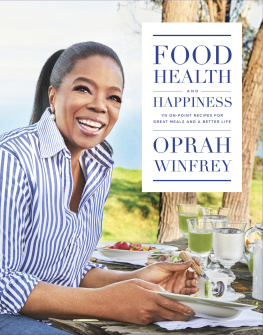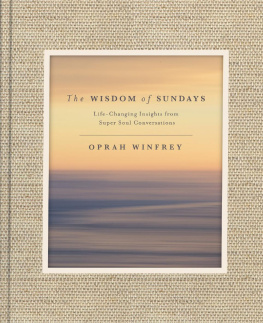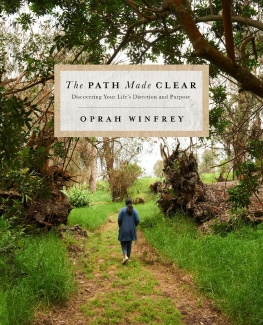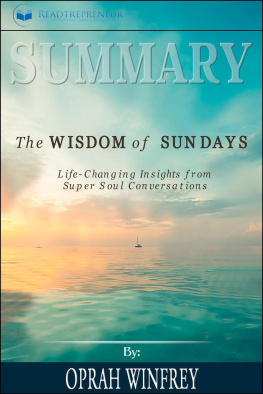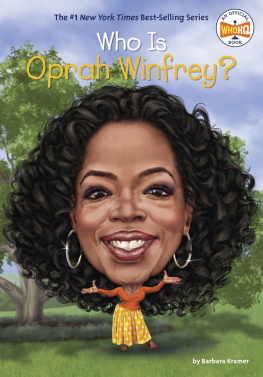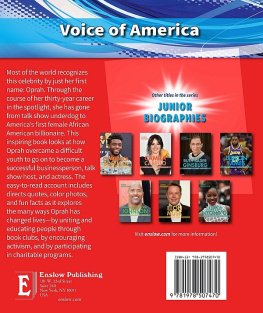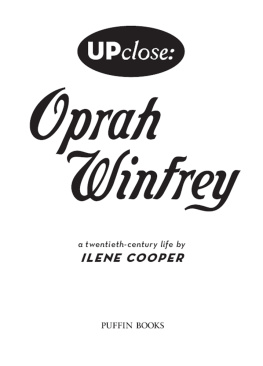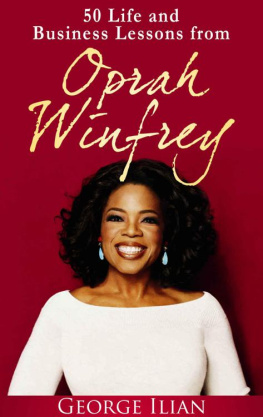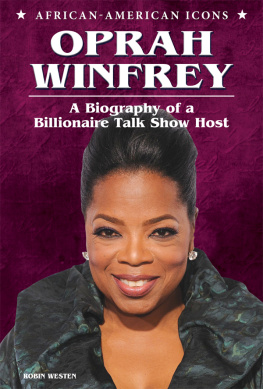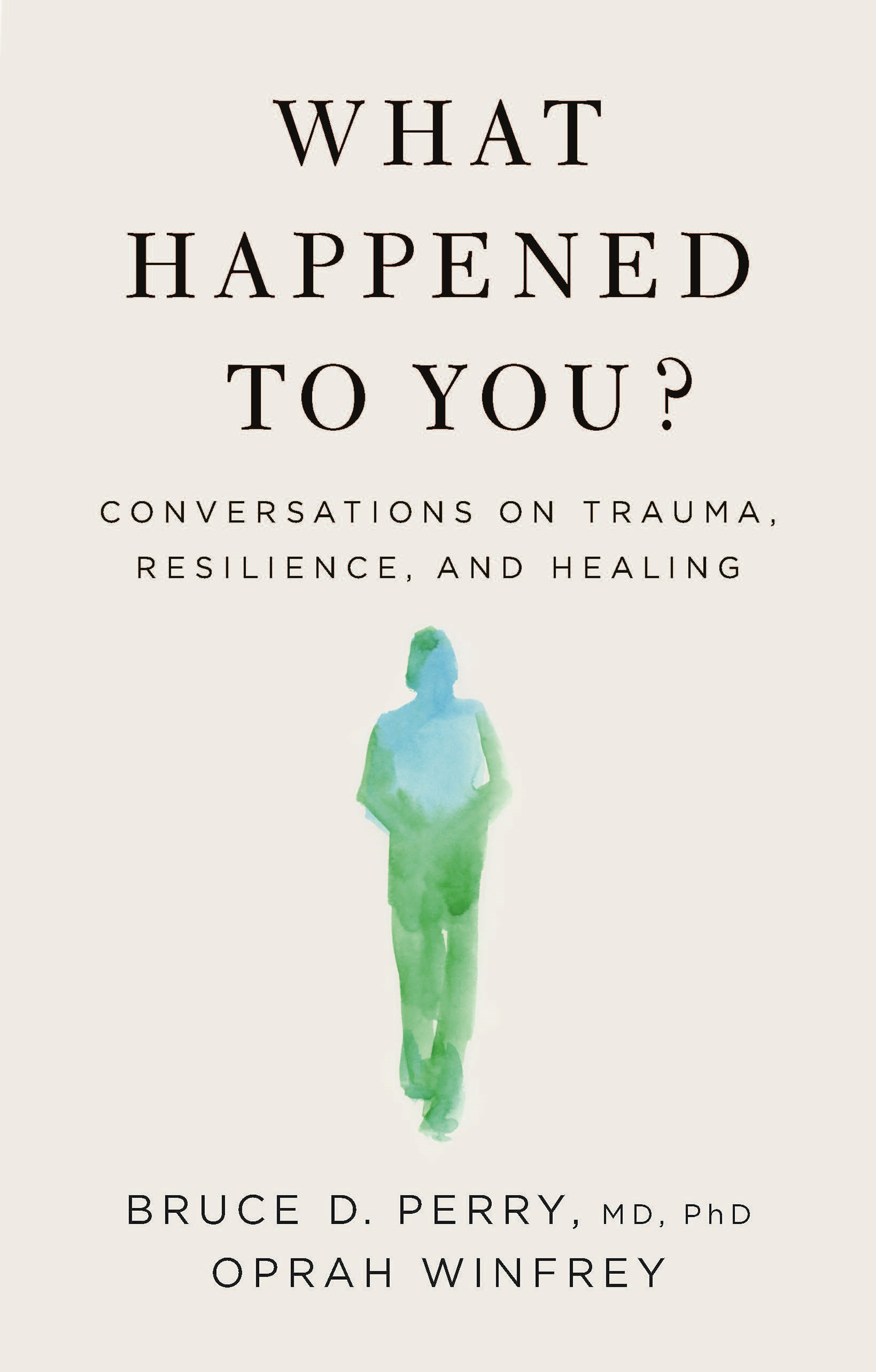This book is for anyone with a mother, father, partner, or child who may have experienced trauma. And, if youve ever had labels like people pleaser, self-sabotager, disruptive, argumentative, checked out, cant hold a job, or bad at relationships used to describe you or your loved ones, this book is for you. Or if you simply want to better understand yourself and others, this book is for you, too.
We know this reading experience will make you think and make you feeland at times the feelings may be hard and painful. For some, the intense and sometimes disturbing content will be a challenge. For others, the concepts about the brain may be unfamiliar and initially difficult to understand. We ask for your patience and trust, with us and with yourselves.
When you find the reading too challenging, stop. Put the book down for an hour or a week. It will still be there when you feel able to return to it. And when you are ready to continue exploring why what happened to you shapes how you think, feel, and act, welcome. You just may discover a path forward.

Stop your crying, she would warn. You better hush your mouth.
My face settled into stoic. My heart stopped racing. Biting hard into my lower lip so no words would escape me.
I do this because I love you, shed repeat her defense in my ear.
As a young girl, I was whupped regularly. At the time, it was accepted practice for caregivers to use corporal punishment to discipline a child. My grandmother, Hattie Mae, embraced it. But even at three years old, I knew that what I was experiencing was wrong.
One of the worst beatings I recall happened on a Sunday morning. Going to church played a major role in our lives. Just before we were to leave for service, I was sent to the well behind our house to pump water; the farmhouse where I lived with my grandparents did not have indoor plumbing. From the window, my grandmother caught a glimpse of me twirling my fingers in the water and became enraged. Though I was only daydreaming, innocently, as any child might, she was angry because this was our drinking water and I had put my fingers in it. She then asked me if I had been playing in the water and I said no. She bent me over and whipped me so violently, my flesh welted. Afterward, I managed to put on my white Sunday-best dress; blood began to seep through and stain the crisp fabric a deep crimson. Livid at the sight, she chastised me for getting blood on my dress, then sent me to Sunday school. In the rural South, this is how black children were raised. There wasnt anyone I knew who wasnt whupped.
I was beaten for the slightest reasons. Spilled water, a broken glass, the inability to keep quiet or still. I heard a black comedian once say, The longest walk is to get your own switch. I not only had to walk to get the switch, but, if there wasnt one available, I had togo find onea thin, young branch worked best, but if it was too thin I would have to braid two or three together to make it stronger. She often forced me to help her braid the switch. Sometimes the whuppings would get saved up for Saturday night when I was naked and freshly bathed.
Afterwards, when I could barely stand, she would tell me to wipe that pout off my face and start smiling. Bury it as though it never happened.
Eventually I developed a keen sense of when trouble was brewing. I recognized the shift in my grandmothers voice or the look that meant I had displeased her. She was not a mean person. I believe she cared for me and wanted me to be a good girl. And I understood that hushing my mouth or silence was the only way to ensure a quick end to punishment and pain. For the next forty years, that pattern of conditioned compliancethe result of deeply rooted traumawould define every relationship, interaction, and decision in my life.
The long-term impact of being whuppedthen forced to hush and even smile about itturned me into a world-class people pleaser for most of my life. It would not have taken me half a lifetime to learn to set boundaries and say no with confidence had I been nurtured differently.
As an adult, I am grateful to enjoy long-term, consistent, loving relationships with many people. Yet the early beatings, emotional fractures, and splintered connections that I experienced with the central figures in my early life no doubt helped develop my solitary independence. In the powerful words of the poem Invictus, I am the master of my fate, I am the captain of my soul.
Millions of people were treated just as I was as children and grew up believing their lives were of no value.
My conversations with Dr. Bruce Perry and the thousands of people who were brave enough to share their stories with me on The Oprah Winfrey Show have taught me that the effects of my treatment by those who were supposed to care for me werent strictly emotional. There was also a biological response. Through my work with Dr. Perry, my eyes have been opened to the fact that although I experienced abuse and trauma as a child, my brain found ways to adapt.
This is where hope lives for all of usin the unique adaptability of our miraculous brains. As Dr. Perry explains in this book, understanding how the brain reacts to stress or early trauma helps clarify how what has happened to us in the past shapes who we are, how we behave, and why we do the things we do.
Through this lens we can build a renewed sense of personal self-worth and ultimately recalibrate our responses to circumstances, situations, and relationships. It is, in other words, the key to reshaping our very lives.
Oprah Winfrey
One morning in 1989, I was sitting in my labthe Laboratory of Developmental Neurosciences at the University of Chicagolooking at the results of a recent experiment, when my lab assistant poked his head into my office. Oprahs calling you.
Yeah, right. Take a message. Id been up all night writing; the results of the experiment looked messed up. I wasnt in the mood for a practical joke.
He smirked. No. Really. Its somebody from Harpo.
There was no possible reason for Oprah to call me. I was a young academic child psychiatrist studying the impact of stress and trauma on development. Only a handful of people knew about my work; most of my psychiatry peers didnt think much about the neurosciences or childhood trauma. The role of trauma as a major factor in physical and mental health was unexplored. I thought one of my friends was simply pranking me. But I took the call.


